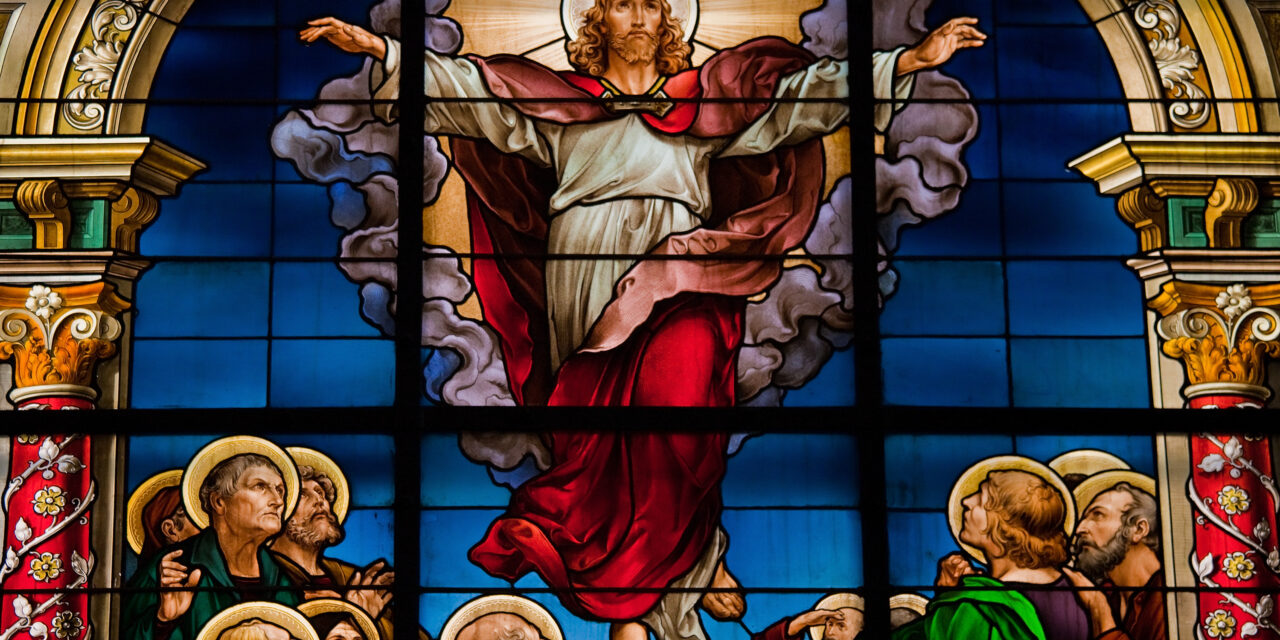Millions of souls could be saved if Jesus just hired a PR agent. At least, that’s what The New York Times would like you to think.
The Times published a recent article by Jessica Grose, who has written about the alleged decline in religion.
Grose quotes Phil Zuckerman, a professor at Pitzer College, who asserts that Christianity has “a branding problem.”
“[Christianity] is seen by many as the religion of conservative Republican politics, he said, and there are otherwise believing people out there who ‘don’t want to be associated with that,’” Grose writes.
Grose, who now sees various religions as competing “brands,” asked her readers about their religious experiences. In the 7,500 responses she received, Grose said that for many, “while they no longer attend church or ally themselves with a particular faith tradition, they still believe in God, miss the sound of the choir and find transcendence in nature.”
Additionally, Grose also mentions that hundreds of respondents “mentioned what they perceived to be the political drift of their churches … as the reason for their disaffiliation.”
For example, Grose quotes Katherine Claflin, 67, who lives in Kansas and belongs to a “progressive church.” Claflin says that “right-wing Christians” have caused her to skip church services. She says, “I no longer attend services, nor want to. I am simply too angry at what so-called Christians are doing to our children and society.”
That’s right. According to Grose, she’s apparently skipping services at her “progressive” church because of “right-wing Christians.”
Grose also quotes Cynthia Jackson, 62, of Minnesota who asserts that “evangelicals became apostates who worship Trump, nationalism and the Republican Party.”
Intriguingly, Grose goes on to cite research which says that its rare for Christian clergy “to express partisan political views during church services … ‘just a quarter of churchgoers said that they had heard a sermon about gay rights or abortion.’”
So, how should orthodox Christians – who try to read the news through a Christian worldview – think about this piece in The Times?
First, Grose’s piece not so subliminally argues that if Christians simply adopted more “progressive” views, then Christianity would have more adherents. Grose implies that if conservative Christians didn’t get all worked up about the “small things” – like abortion, same-sex marriage, transgenderism and the like – then perhaps our “brand” would recover.
But the goal of Christianity – and the mission of Jesus Christ – is not to be milquetoast and noncontroversial. It’s not to tolerate all beliefs and practices.
Jesus Christ’s mission is the restoration of all creation and the salvation of human souls. And that salvation requires uncomfortable truths.
Jesus Christ Himself taught,
If anyone would come after me, let him deny himself and take up his cross and follow me. For whoever would save his life will lose it, but whoever loses his life for my sake will find it. For what will it profit a man if he gains the whole world and forfeits his soul? (Matthew 16:24-26, ESV).
He also said,
If the world hates you, know that it has hated me before it hated you (John 15:18, ESV).
Indeed, becoming a disciple of Jesus Christ is not for the faint of heart. Turning to Christ and away from sin is difficult. Upholding orthodox Christian teachings that all life is valuable, that marriage is between one man and one woman, that humans are created male and female, may be difficult. But it is necessary for Christians who follow Jesus Christ.
It was H. Richard Niebuhr, the 20th century American Christian ethicist, who aptly summarized liberal theology, writing,
A God without wrath brought man without sin into a kingdom without judgment through the ministrations of a Christ without a cross.
That’s the kind of “Christianity” Jessica Grose would urge us to adopt. And it’s not really Christianity at all.
Second, we must draw a distinction between a church’s growth and its truthfulness. It’s not the case that a belief system’s number of adherents is a mark of orthodoxy. If a faith’s growth rate determines its truthfulness, then Mormonism (which has a phenomenal growth rate – a 50% increase since 2000) would be true.
Again, Jesus Christ Himself taught that Christianity may be rejected by most as an act of individual’s free will. But that doesn’t make our faith false.
Enter by the narrow gate. For the gate is wide and the way is easy that leads to destruction, and those who enter by it are many. For the gate is narrow and the way is hard that leads to life, and those who find it are few (Matthew 7:13-14, ESV).
No one should become a Christian simply because that’s what everyone else is doing. Or because it has good PR. They should become a Christian because it is true.
And lastly, contrary to the assertions of the mainstream media, it’s not progressive, liberal churches that are growing. On the contrary, liberal churches are dying. It’s conservative, evangelical churches that are growing.
As the Daily Citizen has previously written,
Nearly all the growth in Christianity in the United States and around the world today is among the more conservative and historically, biblically faithful churches. It is the liberal, biblically compromising churches that are hemorrhaging members by the millions.
All told, Grose’s piece suggests that if Christians just had a “big tent” mindset, and looked more like the universalist church, the world would be more tolerant of them.
But for the above reasons, I don’t buy it. And you shouldn’t either.
Related articles and resources:
Counseling Consultation & Referrals
In Defense of That ‘Old-Time Religion’
The Proof You Need to Believe in Jesus Christ (Part 1 of 2)
Photo from Getty Images.






